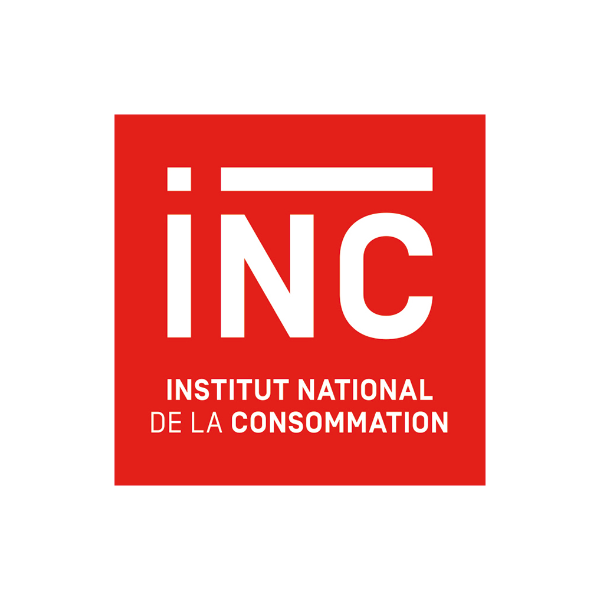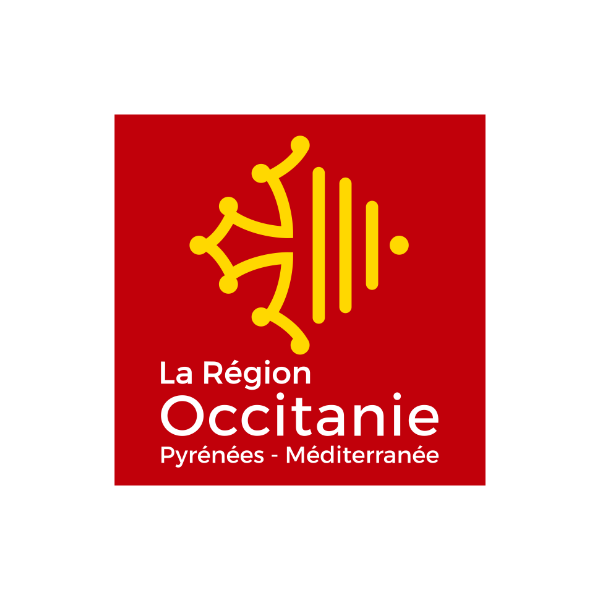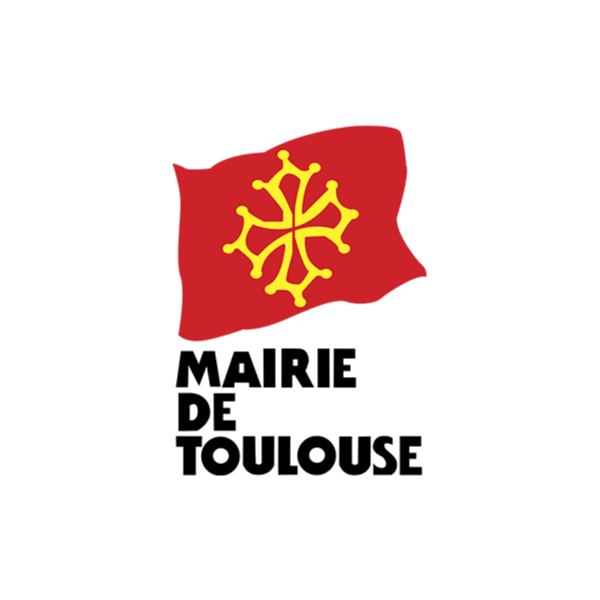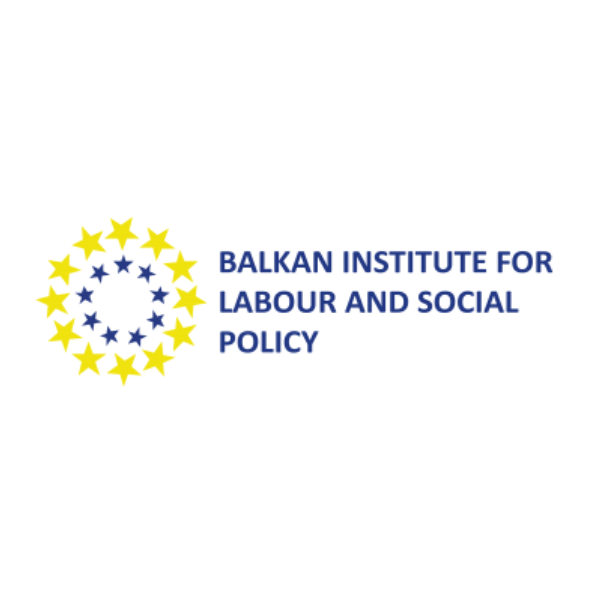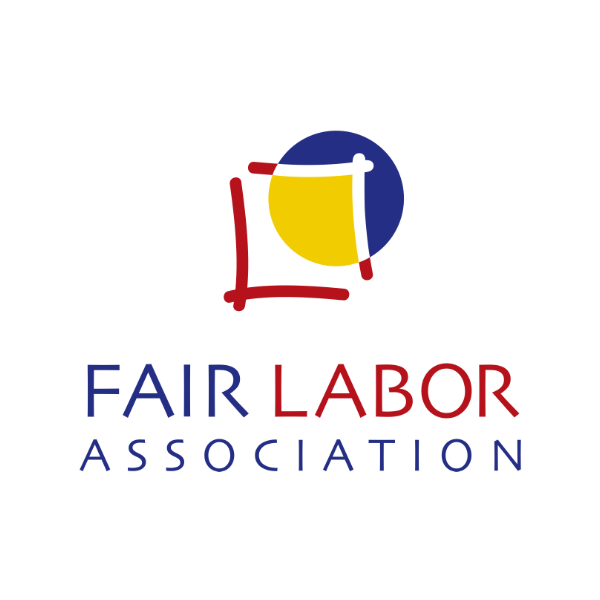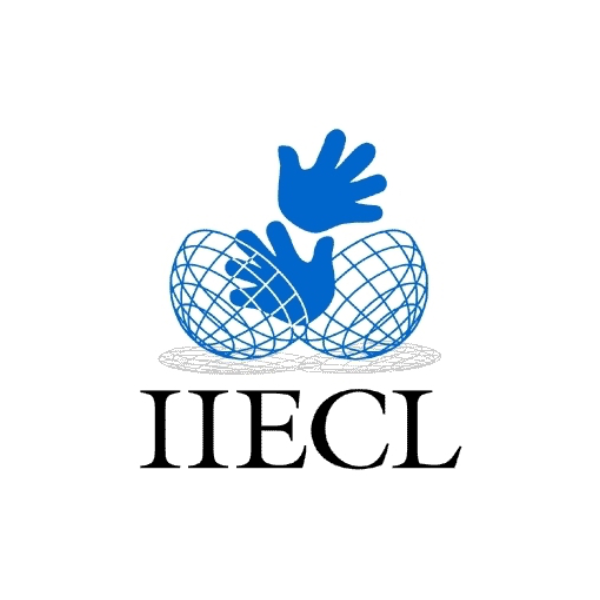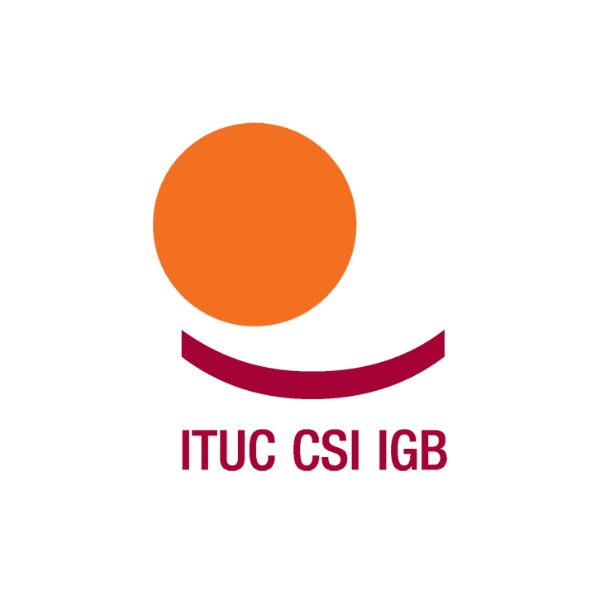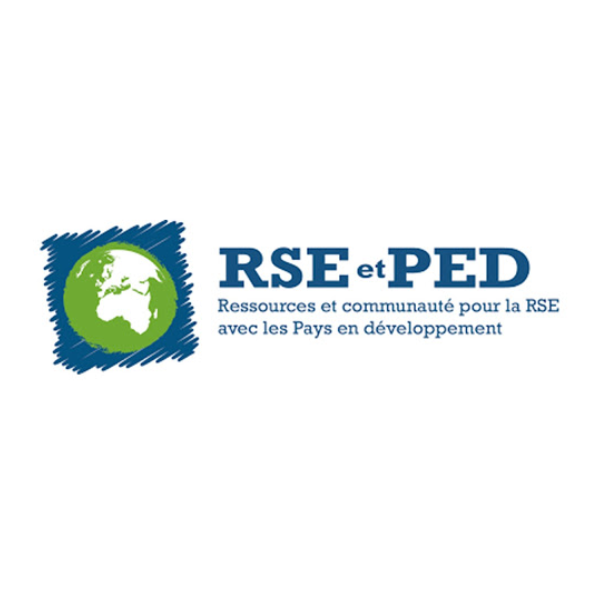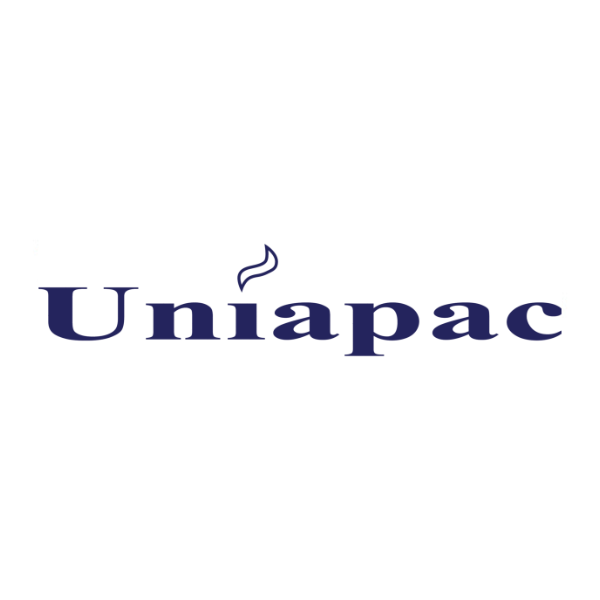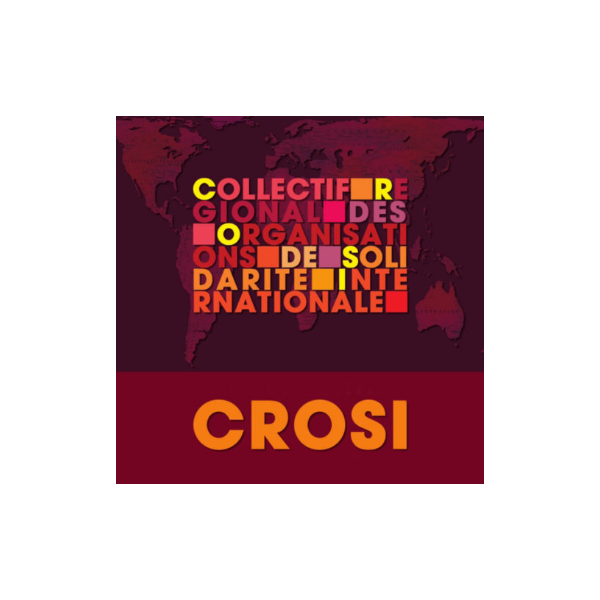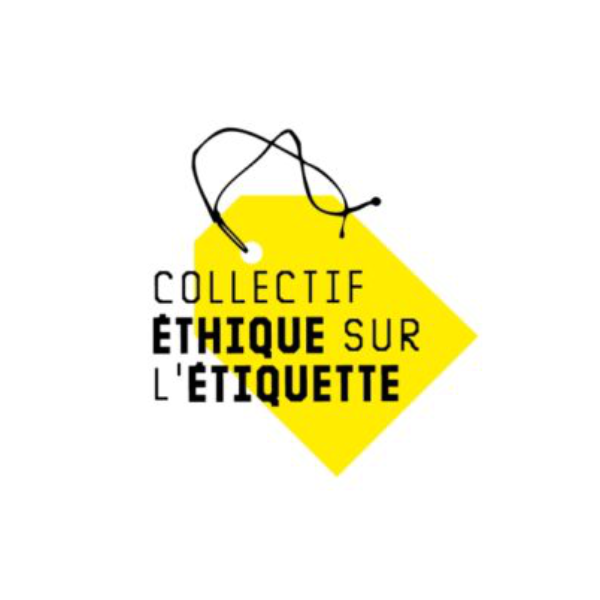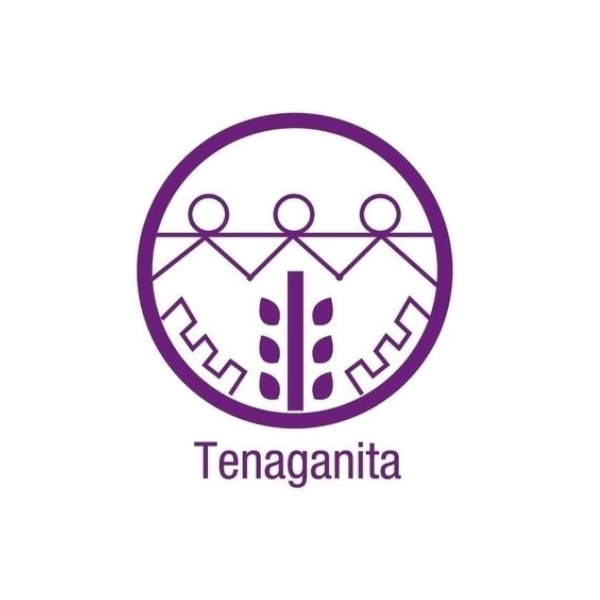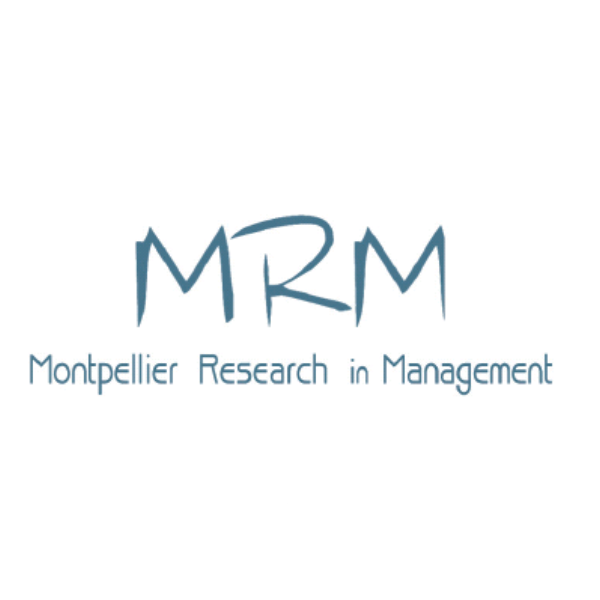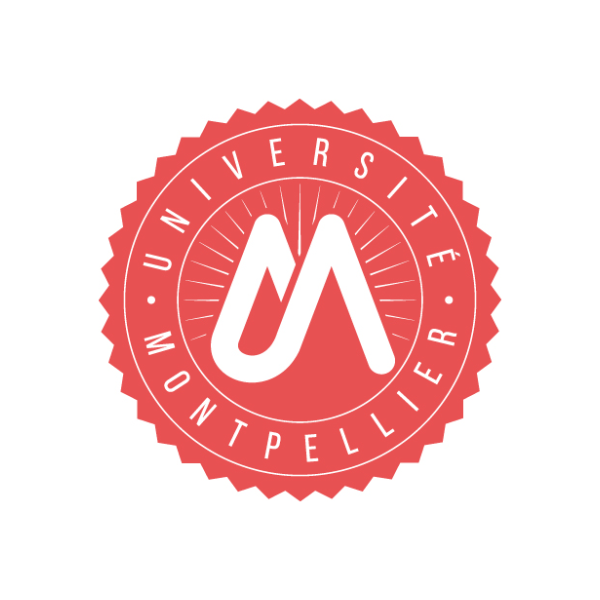Our partners
To be able to ensure relevant and efficient action, to guarantee the ownership of the issues by the players and to mobilise everyone in a voluntary and constructive manner, RHSF has over the years established a specific partnership working method. The principle at the heart of its method: co-construction.
Because it is essential to remain in direct contact with the realities in the field and to be able to build solid and sustainable solutions, RHSF maintains ongoing collaboration with numerous international and local stakeholders, and involves all stakeholders when analysing issues.
Appropriate actors are then mobilised at specific stages to ensure ownership and impact.
Governmental institutions and public bodies
Companies

Several companies are patrons of the Endowment Fund created by the NGO. The latter is dedicated to financing projects for decent work, whether carried out by RHSF or other organisations.
“Companies are being called upon from all sides to take an active and concrete part in the eradication of forced labour and child labour in global supply chains. At the RH Sans Frontières (RHSF) Endowment Fund, we are convinced that it is in our common interest to work towards decent working conditions for all. This is why we want to create a strong and dynamic movement. Companies join us: together we will be able, through experimentation, to define effective and sustainable solutions. »
Isabelle DROUARD, President of the RHSF Endowment Fund






